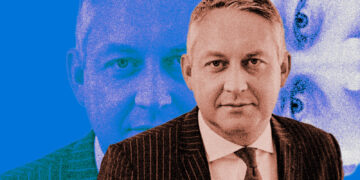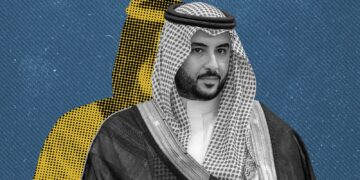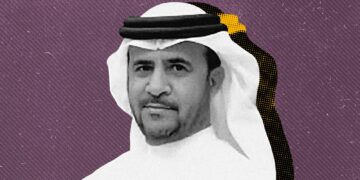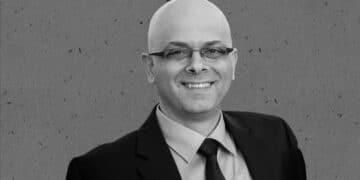Egypt's General Prosecutor
Egyptian Prosecutor General Hamada Elsayed Mohamed Abdel Fattah El-Sawy is responsible for the unlawful prosecution of thousands of Egyptians for peaceful activism, protected by international human rights law, and for flouting his duty to investigate torture and mistreatment by Egyptian officials.
As head of public prosecution, El-Sawy is responsible for actions targeting individuals for their peaceful activism. Under El-Sawy's supervision, prosecutors have held thousands of journalists, political opponents, intellectuals, and rights activists in extended, unlawful, pretrial detention and charged them with security-related crimes, including terrorism, for articles, interviews, tweets, and speeches deemed critical of the government.
El-Sawy has also failed to investigate credible claims of torture of detainees held by Egyptian security officials.
"As the country's top prosecutor, El-Sawy acts as Egyptian President Abdel Fattah al-Sisi's henchman, using a facade of law to silence opponents," DAWN's executive director Sarah Leah Whitson said. "We hope that exposing his personal responsibility for abuses against the people of Egypt is a first step toward holding him accountable."
As Prosecutor General, El-Sawy bears overall responsibility for public prosecutions, including in state security cases. The head of the Supreme State Security Prosecution, Judge Khaled Diaa El-Din, reports directly to El-Sawy. Prosecutors working under El-Sawy have engaged in widespread and systematic human rights violations, especially in prosecuting those targeted for their peaceful speech and political activity, which are protected by international human rights law.
These prosecutors used their discretion to order the arrest and pretrial detention of peaceful activists, repeatedly requested extensions of detention orders without presenting evidence that such detentions met the statutory criteria, and brought multiple, revolving door charges against defendants to keep them behind bars long after the two-year statutory maximum period of pretrial detention.
For example, in the case of Kholud Said Amer, El-Sawy failed to disclose the whereabouts of Amer after her arrest on April 21, 2020.
Amer was forcibly disappeared for about a week before she appeared in front of the Alexandria State Security Public Prosecution office to face spurious charges based on protected free speech. El-Sawy has also failed in his duty to investigate credible claims of torture by Egyptian security forces, to prosecute those responsible and to rout out torture and mistreatment.
El-Sawy is responsible for the unjust prosecution and detention of peaceful journalists, activists and lawyers such as Ibrahim Metwally Hegazy, Hoda Abdel Moniem, Walid Shawky, Ibrahim Ezz el-Din, Solafa Magdy Sallam, Khaled Dawoud, and Ahmed Tohamy.
On September 12, 2019, Egypt's President Abdel Fattah al-Sisi appointed El-Sawy as the Prosecutor General. Before this appointment, El-Sawy was the president of the Appeals Court and the head of the Institute for Criminal Research and Training.
El-Sawy was born on September 27, 1961. He holds a BA in law from Assuit University. El-Sawy has participated in international events and visited Western countries as part of his job, including leading judicial delegations on a February 2018 visit to the United States and on a visit to Spain, to learn about its judicial system.
On September 23, 2020, DAWN requested a response from Judge El-Sawy by writing to the Egyptian government, but no response has been received as of publication.
Tell El-Sawy to end prosecutorial abuses. Write to him at the Egyptian Public Prosecution's page on Facebook or by email: m.office@ppo.gov.eg.
Watch the video about El-Sawy here:
Media error: Format(s) not supported or source(s) not found
Download File: https://dawnmena.org/wp-content/uploads/2021/08/Hamada-Elsawy-En.mp4?_=1About DAWN's culprit gallery:
Tyrants need enablers who will implement their oppressive practices, even if it means abusing their fellow citizens. These agents often mask their complicity in the guise of professionals exercising their duties in offices, courtrooms, police stations, and interrogation rooms.
DAWN seeks to disclose the identity of the state agents who enable repression and to make them recognizable at home and abroad. These individuals, whom DAWN calls "culprits," bear administrative, civil, moral, legal, and/or political responsibility for human rights and international humanitarian law violations.





































